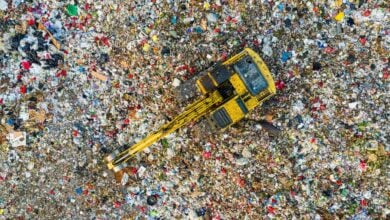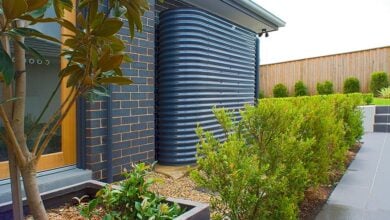Water damage is a significant worry for homeowners and renters alike. It can cause structural damage, contribute to mold development, and generally result in uncomfortable and unhealthy living conditions. To prevent water damage, it’s important to understand why it happens. Typically, water damage is the result of plumbing issues, inclement weather, leaky roofs, and improperly sealed windows or doors. Furthermore, certain human behaviors can contribute to the incidence of water damage.
Adapting Everyday Habits
Daily habits have a massive impact on our environments health and can also contribute significantly to water damage in our homes. Leaving taps running unnecessarily, overwatering plants, and taking excessively long showers are all examples of actions that can waste water and potentially cause damage if not managed properly.
Responsible Gardening Practices
Those with gardens need to be mindful of their watering habits. Overwatering plants is not only wasteful; it can lead to soil erosion and flooding which can cause significant water damage to your property. Adopting responsible gardening practices like using indigenous plants that require less water or installing a rain barrel system can go a long way toward reducing this risk.
Minimizing Bathroom Water Use
The bathroom is typically where most household water use occurs. Between showers, toilets, and faucets – there are plenty of opportunities for conservation. Consider replacing older toilets with low-flow models or installing aerators on sinks to reduce the amount of water used. Shower timers can also be effective motivators for conserving water.
Investing in Energy-Efficient Appliances
Older appliances are not just inefficient; they are frequently also prone to leaks leading to potentially harmful water damage. Upgrading to energy-efficient appliances like dishwashers and washing machines is an excellent way to conserve water, save money, and reduce the risk for home water damage.
Reducing Kitchen Water Usage
Social awareness around kitchen activities like doing dishes or cleaning food plays a crucial role in decreasing extra household usage of water. Investing in efficient dishwashers or washing vegetables in a pot of cold water rather than a running tap could lead you towards more conservative use of water resources.
Regular Inspection and Maintenance of Plumbing Systems
Avoid potential disaster by proactively inspecting your home for leaks on a regular basis. More often than not, major problems begin as small ones that go unnoticed until something catastrophic happens. Hiring professionals yearly for inspections could prevent future potential costs due to neglect.
Educating Individuals about Water Conservation Methods
Educating yourself and those around you about suitable methods for conservatively using water leads to both financial savings on utility bills and reductions in potential threats tied to environmental health conditions. Conserving everyday actions at homes translates into social enlightenment regarding resident impacts on freshwater resources.
Promoting Community Engagement in Conservation Efforts
Benefit surrounding communities through facilitating local efforts pertaining towards conservation including organized cleanups at beaches or rivers, fundraisers empowering the provision of clean drinking sources towards underprivileged areas”>
Conscious Consumption: Reconsideration of usage excesses
Observation through reflection about patterns tied to direct consumption could lead towards reconsideration upon unconscious habits resulting from excesses including the washing routine about clothes, utilization amount concerning drinking plus cooking sources alongside other factors promoting respectful usage concerning natural resources whilst bringing about meaningful lifestyle modifications.
Conclusion
This discussion regarding how adjustments concerning lifestyle choices assist conserving freshwater resources while simultaneously preventing disastrous household occurrences through damages caused by excessive usage levels corresponds towards a global issue requiring immediate attention. By modifying habits surrounding everyday consumption as well as initiating preventive measures against potential leaks plus floods within homes contributes towards enhanced resource management strategies pertinent for overall environmental health promotion as well as resident well-being across various habitats.




